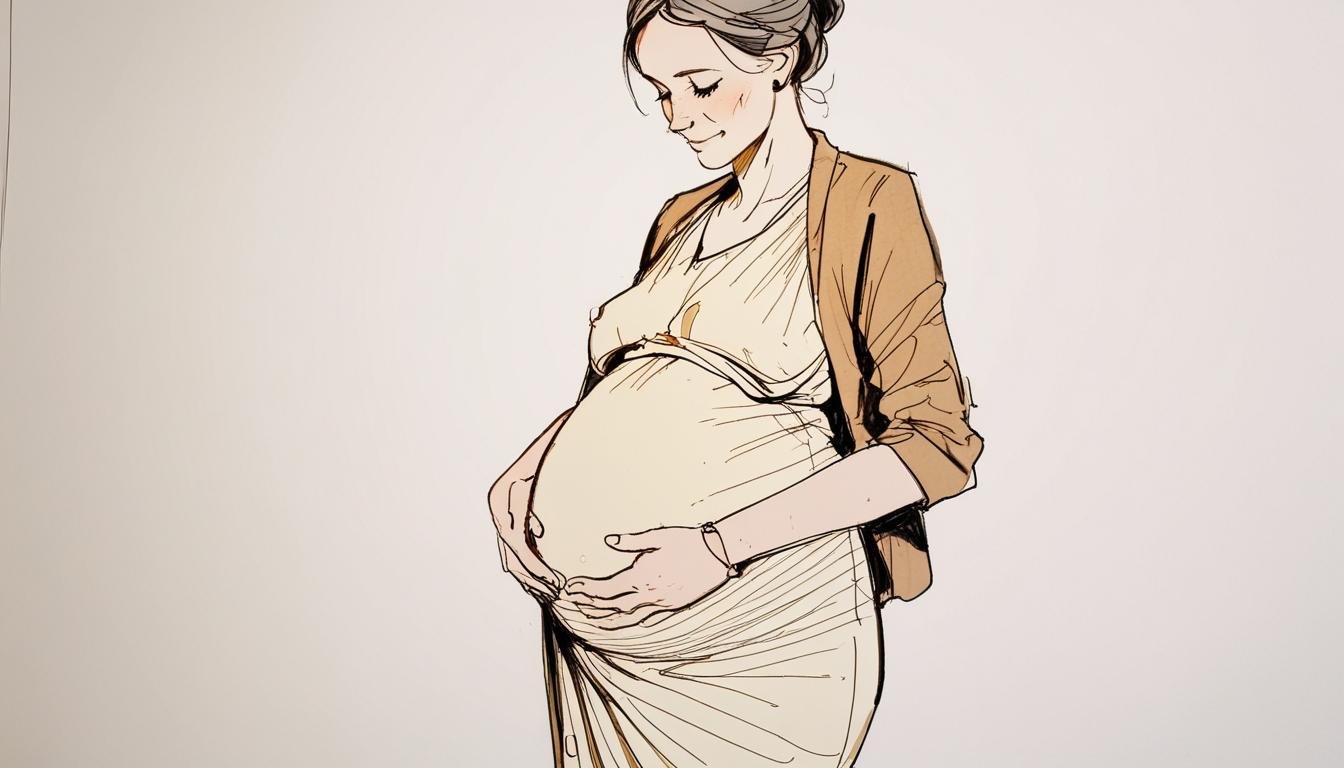Richmond-upon-Thames has emerged as the "older mum capital" of England and Wales, with recent data indicating that the majority of births in the affluent London borough are now to women over the age of 35. In 2023, the Office for National Statistics (ONS) recorded a total of 1,674 births in Richmond, of which 838—accounting for 50.1 per cent—were to mothers classified as advanced maternal age (AMA).
This phenomenon of increasing "geriatric motherhood," a term now considered outdated, reflects a broader trend across England and Wales, where the rate of births to older mothers has tripled in many areas since the early 1990s. The reasons behind this shift often relate to women's prioritisation of career and financial stability before starting a family, alongside changing societal norms regarding motherhood.
The borough of Kensington and Chelsea ranks closely behind Richmond, with 47.4 per cent of births to women over 35, followed by Elmbridge in Surrey at 43.7 per cent. Camden and Westminster both report 42.8 per cent of births occurring within this age group. Conversely, Bolsover in Derbyshire reported the lowest rate of new mothers aged 35 and over at 13.8 per cent, while Blaenau Gwent in Wales had the least in Wales with 14.4 per cent. The Vale of Glamorgan topped Welsh figures at 27.2 per cent.
When the ONS began tracking these statistics in 1993, the City of London was notable for being the only area where over 30 per cent of live births were to women over 35. Fast forward to 2023, and 68 local authorities, more than a fifth of all councils in England and Wales, recorded similar thresholds.
Kerry Gadsdon from the ONS commented on the myriad factors influencing women's reproductive choices, stating, "The reasons behind when and if women have children are very personal… driven by a range of factors including financial pressures and the timing of other life events such as partnership formation and moving into your own home generally happening later."
Dr Ippokratis Sarris, director of the fertility clinic at King's College London, highlighted the medical considerations associated with advanced maternal age, noting, "Fertility naturally declines with age, particularly after 35." He elaborated on the heightened risk of pregnancy complications, such as miscarriage and chromosomal abnormalities, emphasising that although fertility treatments like IVF become less effective with age, advancements in healthcare have made it possible for many women to have healthy pregnancies later in life. "It’s important that as healthcare professionals we support women’s choices by providing accurate information about how age impacts fertility and pregnancy," he said.
These revelations coincide with a decline in fertility rates across all local authorities in England and Wales over the past decade. Recent reports indicate some regions have experienced up to a 60 per cent drop in childbirth since 2013. The current fertility rate in England and Wales stands at an average of only 1.44 children per woman, raising concerns among experts about potential implications for population dynamics and future birth rates within these areas.
Source: Noah Wire Services
